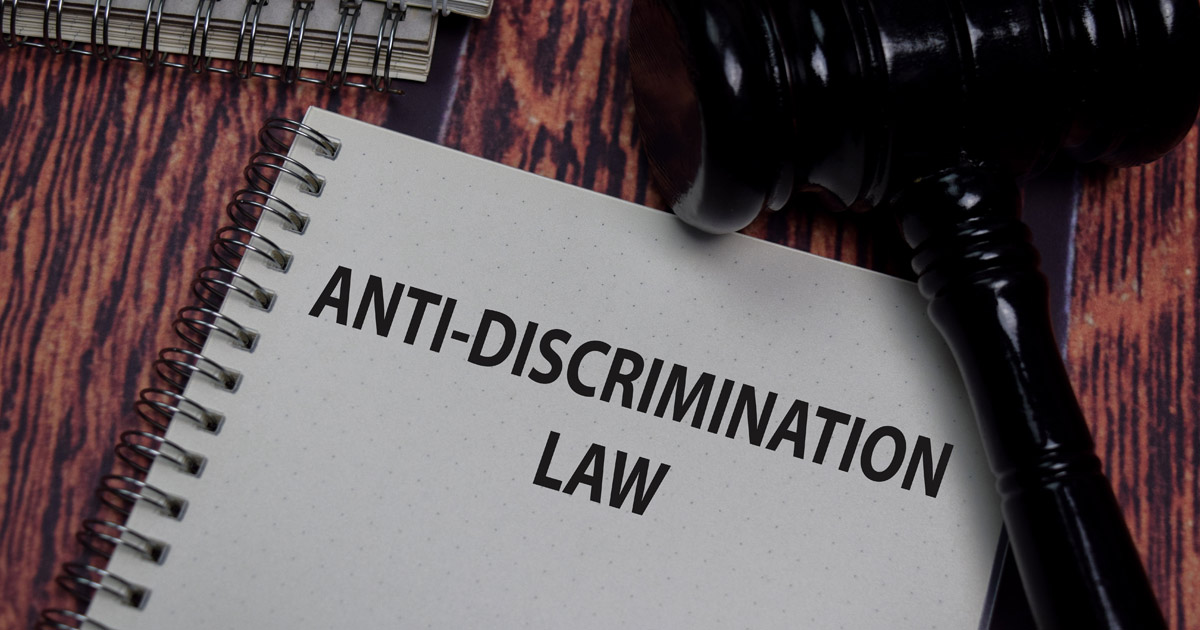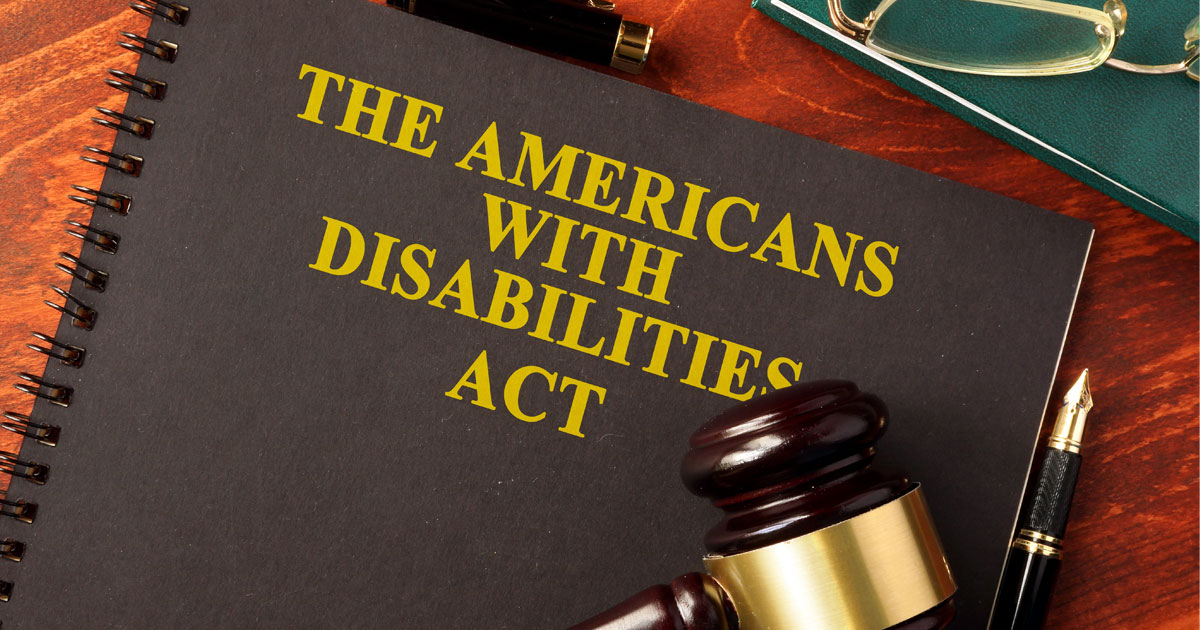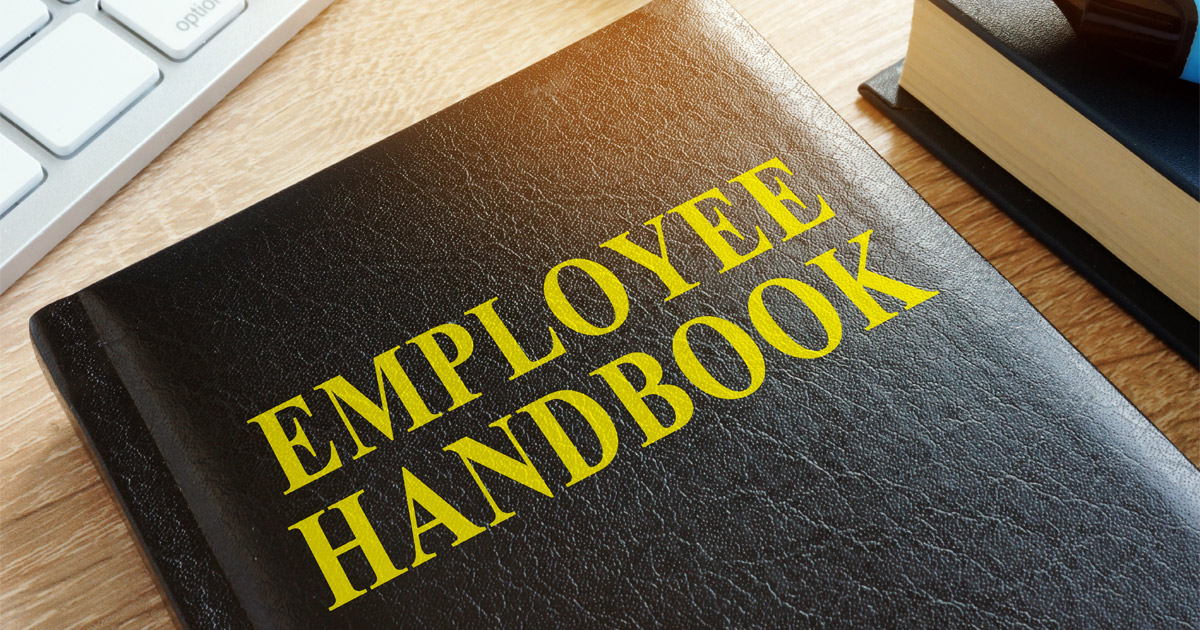How Should I Handle Business Disputes?

Business disputes will likely happen at some point, especially when there are high-value transactions involved. The more money that your business takes in, the more likely there will be internal or external disputes.
Business disputes should not cause duress unless they truly threaten your business and livelihood. There are many ways in which to handle the variety of business disputes that might arise. Most can resolve disputes outside of a courtroom. However, if business litigation is inevitable, an experienced lawyer will help you get the best possible outcome.
Additionally, many business disputes could be settled with the help of experienced third parties. A mediator could help two or more sides in a dispute to reach an amicable agreement that resolves the matter. An arbitrator could hear both sides of a business dispute and then render a decision by which both sides must abide.
Disputes with workers might have to go through the respective state agencies. They also might go through state or federal commissions tasked with handling such disputes. For example, if a worker files a discrimination claim, the federal Equal Employment Opportunity Commission (EEOC) would have to investigate before any kind of lawsuit might be filed against your business.
What Are Some Common Business Disputes?
Business disputes could be internal, external, or a combination of the two. The dispute might be with a business partner and one or more workers. It might be due to a contractual disagreement with another party. No matter the cause, the result usually means a negative impact on your business endeavors.
The four most commonly occurring business disputes include:
- Partnership disagreements.
- Disputes between two or more businesses.
- Financial or contractual breaches.
- Employment disagreements.
Partnership disagreements usually are the most common of all business disputes. Disagreements regarding business direction, finances, leadership changes, and hiring issues are common sources of partnership disputes. A breach of contract also might trigger an internal dispute among business partners.
Outside of the business, breaches of contract also commonly trigger legal disputes with other business entities. The breach might involve finances, products, or the improper delivery of services. Whatever the contractual obligation, external business disputes often arise.
Employment disputes often involve issues with pay or discrimination claims by one or more workers. Your business also might be on the receiving end of a discrimination complaint that may or may not have merit.
Philadelphia Business Lawyers at Sidkoff, Pincus & Green P.C. Can Help You Today
If you are in the midst of a business dispute, our Philadelphia business lawyers and Sidkoff, Pincus & Green P.C. can help you resolve the matter. Call us at 215-574-0600 or contact us online to schedule an initial consultation. Located in Philadelphia, we serve clients throughout Pennsylvania and New Jersey.




























